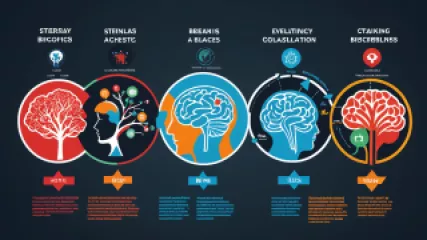My Journey to Heal from Rejection
1 year ago
Dealing with Rejection
5 Powerful Self-Compassion Techniques to Boost Empathy
1 year ago
Self Compassion Techniques
Maximizing Your Social Media Presence: A Step-by-Step Guide
1 year ago
Social Networking Impact
Developing Resilience After a Setback: 5 Steps to Reignite Your Motivation
1 year ago
Finding Motivation After Failure
How to Explore and Embrace Your Cultural Identity Online
1 year ago
Cultural Identity
How to Interpret Your Virtual Dreams: A Step-by-Step Guide
1 year ago
Dream Interpretation
My Journey Through Educational Psychology: Discovering the Power of the Mind
1 year ago
Educational Psychology
How to Overcome the Fear of Being Judged
1 year ago
Overcoming Judgment Fear
Nurturing Creativity: The Science Behind Therapeutic Approaches
1 year ago
Fostering Creativity
Uncovering the Insights: A Research Summary on Cognitive Biases
1 year ago
Cognitive Biases
The Ultimate Guide to Improving Mental Health in Rural Areas
1 year ago
Mental Health in Rural Areas
My Journey to Wellness: How Nature Transformed My Mental Health
1 year ago
Nature And Mental Health
My Journey to Cultivate Self-Worth
1 year ago
Nurturing Self Worth
My Journey to Overcome Anger: A Personal Experience
1 year ago
Anger Management
My Journey into Holistic Eco-Therapy: Finding Balance and Healing in Nature
1 year ago
Eco Therapy














